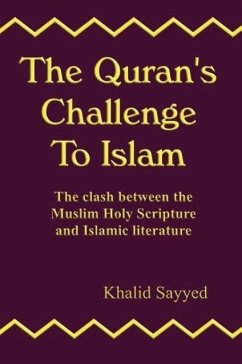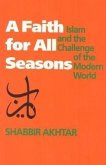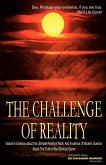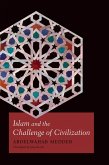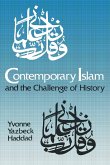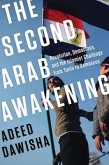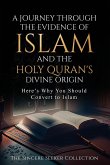A frank academic study of the Muslim holy scripture, the Qur'an, comparing it to the early extra-Qur'anic literature of Islam - and highlighting the differences and contrasts between the two. This exhaustive study goes on to analyse the Muslim holy book from a linguistic perspective, exploring some unconventional interpretations based upon the principle that in all Islamic matters, the last and definitive word is that of the Qur'an. It is the author's contention however, that the traditional Muslim view of Islam (based upon the infallibility of Hadith and Muslim scholars of early Islam) does not accurately reflect the reality of the Qur'an. In compiling this study, the author not only offers genuine insights into the sacred texts of Islam, but also pleads with Muslims to recognise some problems in their religious literature, and exercise more self-restraint in the face of objective criticism. To the Western world, the author asks that all Muslims should not be tarred with the same brush. "A few thousand - or more - militants who believe in terrorism do not represent the entire billion-strong Muslim community of today's world anymore than the few thousand slave traders of 18th century colonialism represent the entire Judeo-Christian world. Indeed, Islam has sprung from the same original source of Semitic monotheism of Abraham as have Judaism and Christianity; and, strangely enough, suffers from the very same problems of misrepresentations perpetuated through the centuries since its appearance."

